| Name | Imran Ahmad Khan Niazi |
|---|---|
| Born | 5 October 1952 in Lahore, Pakistan |
| Occupation | Politician and former cricketer |
| Political party | Pakistan Tehreek-e-Insaf (PTI) |
| Prime minister of Pakistan | 18 August 2018 – 10 April 2022 |
| Cricket career | Played for Pakistan from 1971 to 1992, captained the team to World Cup victory in 1992 |
| Awards and honors | Hilal-i-Imtiaz, Pride of Performance, ICC Hall of Fame, University of Bradford Chancellor, etc. |
Imran Khan is a former cricketer and politician who served as the 22nd prime minister of Pakistan from 2018 to 2022. He is also the founder and former chairman of the Pakistan Tehreek-e-Insaf (PTI) party, which is the largest opposition party in the country. In this blog, I will explore some of the achievements and challenges of his political career, as well as his legacy and future prospects.
The beginning
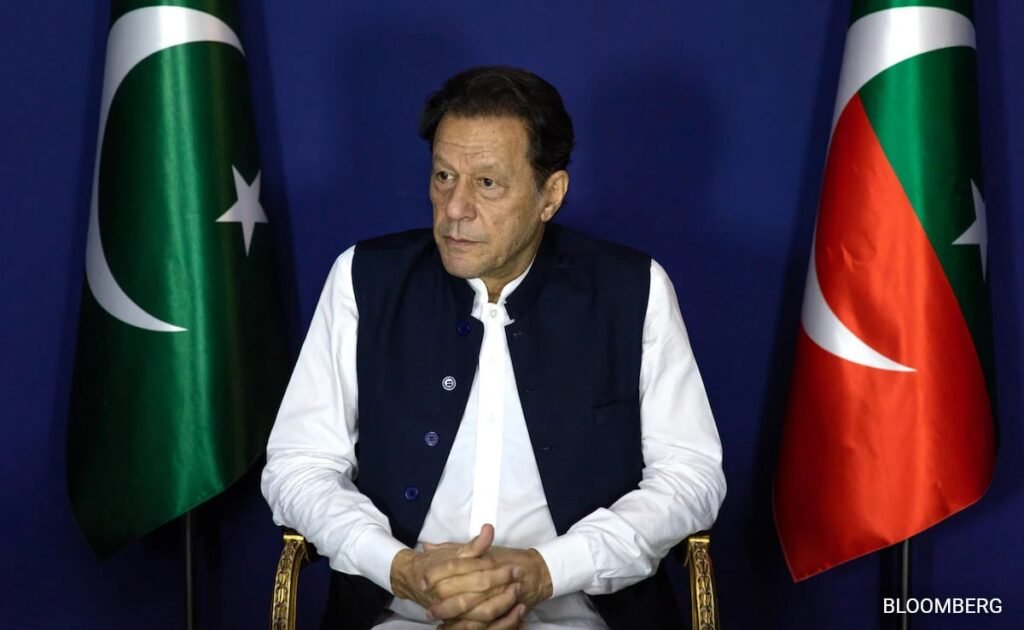
Imran Khan’s rise to power was driven by his popularity as a national hero who led Pakistan to its first and only Cricket World Cup victory in 1992. He used his fame and charisma to mobilize the masses, especially the youth, against the corruption and dynastic politics of the ruling elite. He promised to create a “new Pakistan” based on justice, accountability, and social welfare. He also advocated for a peaceful and cooperative relationship with neighboring countries, especially India and Afghanistan.
As prime minister, Imran Khan faced many difficulties and crises, both domestic and international. He inherited a weak economy, a large debt burden, and a strained relationship with the United States. He had to deal with the COVID-19 pandemic, which hit Pakistan hard and disrupted its health and education systems. He also faced resistance and criticism from the opposition parties, the media, the judiciary, and the military, which have a strong influence on Pakistan’s politics.
Overcoming Challenges
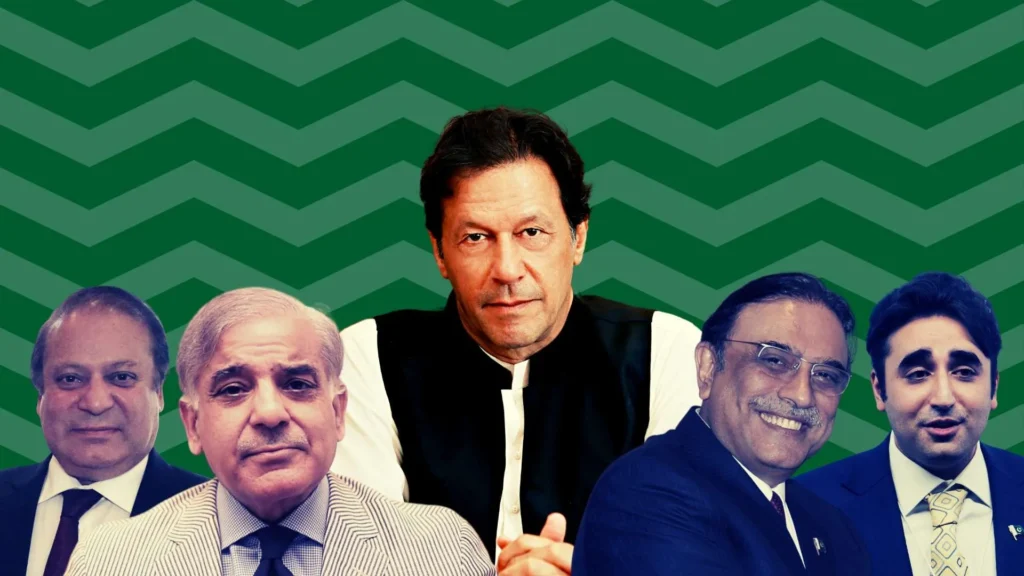
Despite these challenges, Imran Khan also achieved some notable successes and reforms during his tenure. He launched several welfare programs, such as the Ehsaas initiative, which aimed to provide cash transfers, health insurance, and education vouchers to the poor and marginalized segments of society. He also initiated the Billion Tree Tsunami Project, which planted over a billion trees across the country to combat climate change and environmental degradation. He improved Pakistan’s relations with China, Saudi Arabia, Turkey, and Iran and played a constructive role in facilitating the peace talks between the Taliban and the US in Afghanistan. He also raised the issue of human rights violations in Kashmir and Palestine at various international forums and advocated for the rights of Muslims around the world.
Imran Khan Career
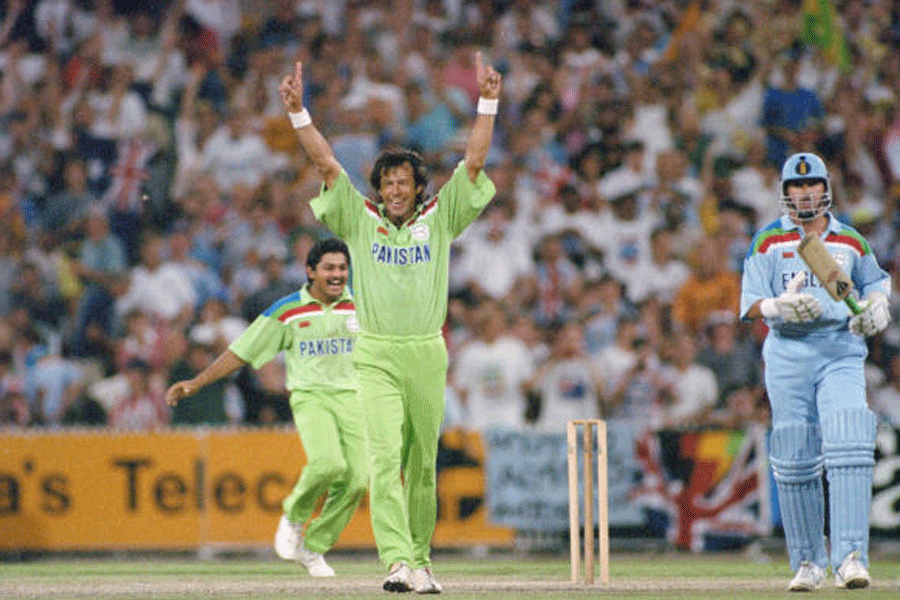
Imran Khan’s political career came to an abrupt end in April 2022, when he was removed from power by a parliamentary vote of no confidence, orchestrated by his rivals and former allies. He was subsequently arrested and convicted on various charges of corruption, treason, and leaking state secrets. He has denied all the allegations and claimed that they are politically motivated and part of a conspiracy to silence him and his supporters. He is currently serving a 13-year jail term in Adiala prison, where he continues to appeal against his convictions and sentences.
The future ahead
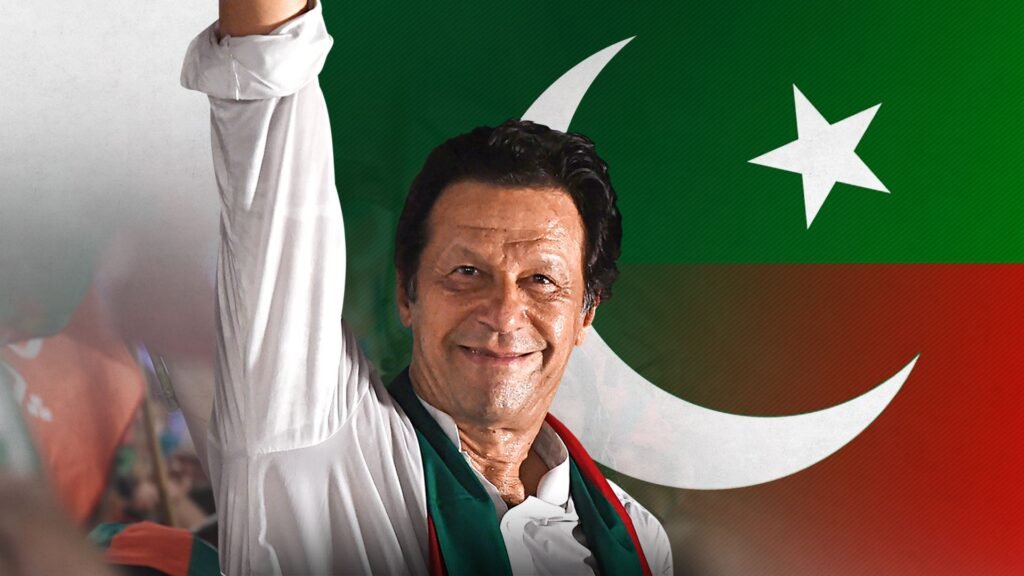
Imran Khan’s legacy and future are uncertain and controversial. His supporters view him as a visionary leader who tried to bring positive change and reform to Pakistan but was sabotaged and victimized by the corrupt and powerful forces that dominate the country. His critics view him as a populist demagogue who failed to deliver on his promises and compromised on his principles and values. His detractors also accuse him of being authoritarian, divisive, and incompetent and of damaging Pakistan’s democracy and institutions.
Pakistan’s Elections May Decide Imran Khan’s Fate
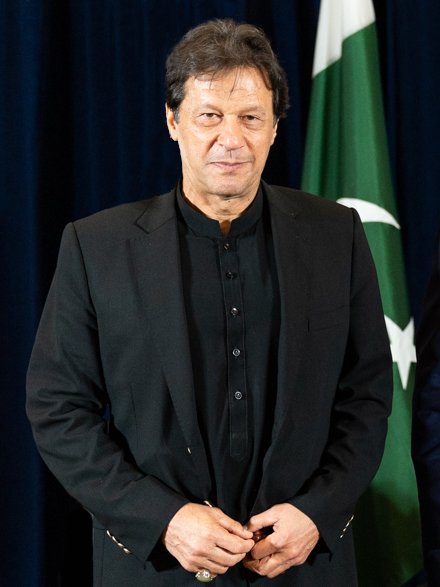
Imran Khan’s political fate may depend on the outcome of the general elections, which are scheduled to take place on February 8, 2024. His PTI party is still the largest opposition party in the country and has a loyal and passionate base of supporters, especially among the youth and the urban middle class. However, the party also faces internal divisions and defections and has lost ground to the ruling coalition, led by Shehbaz Sharif, the brother of former prime minister Nawaz Sharif. The election campaign is expected to be fierce and polarized, with Imran Khan’s supporters demanding his release and restoration and his opponents demanding his accountability and exclusion.
Imran Khan is undoubtedly one of the most influential and controversial figures in Pakistan’s history. He has inspired and disappointed millions of Pakistanis and left a lasting mark on the country’s politics and society. Whether he will ever return to power or fade into oblivion remains to be seen. But his story is not over yet, and he may still have a role to play in shaping Pakistan’s future.


